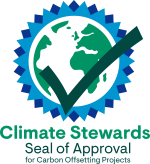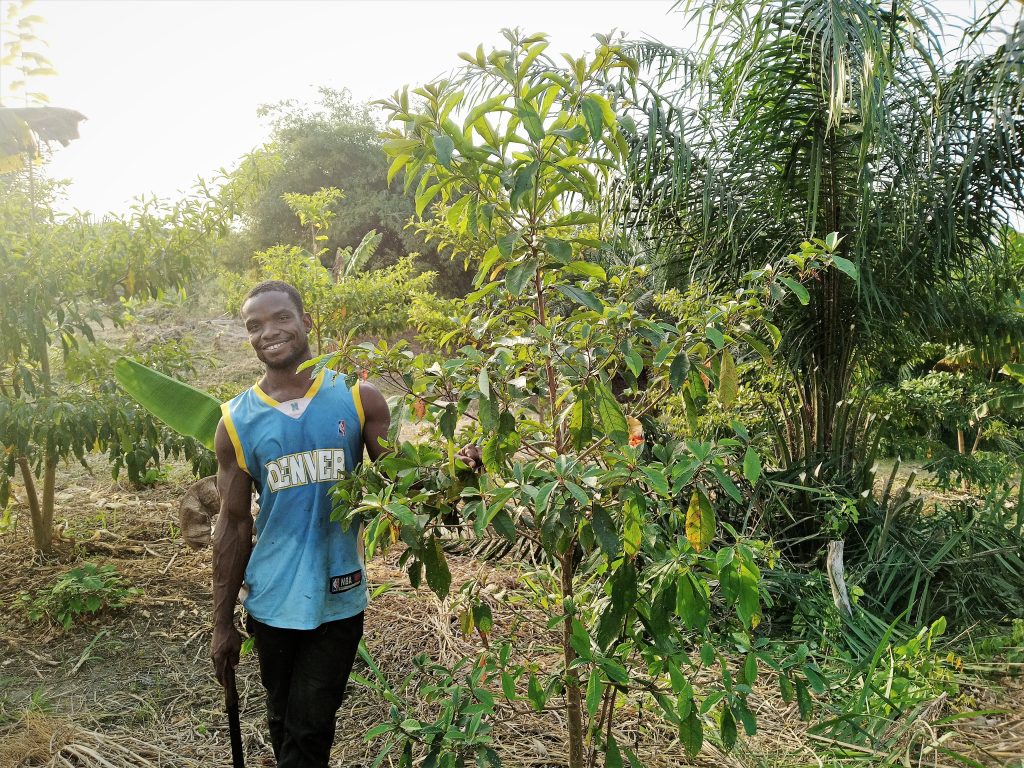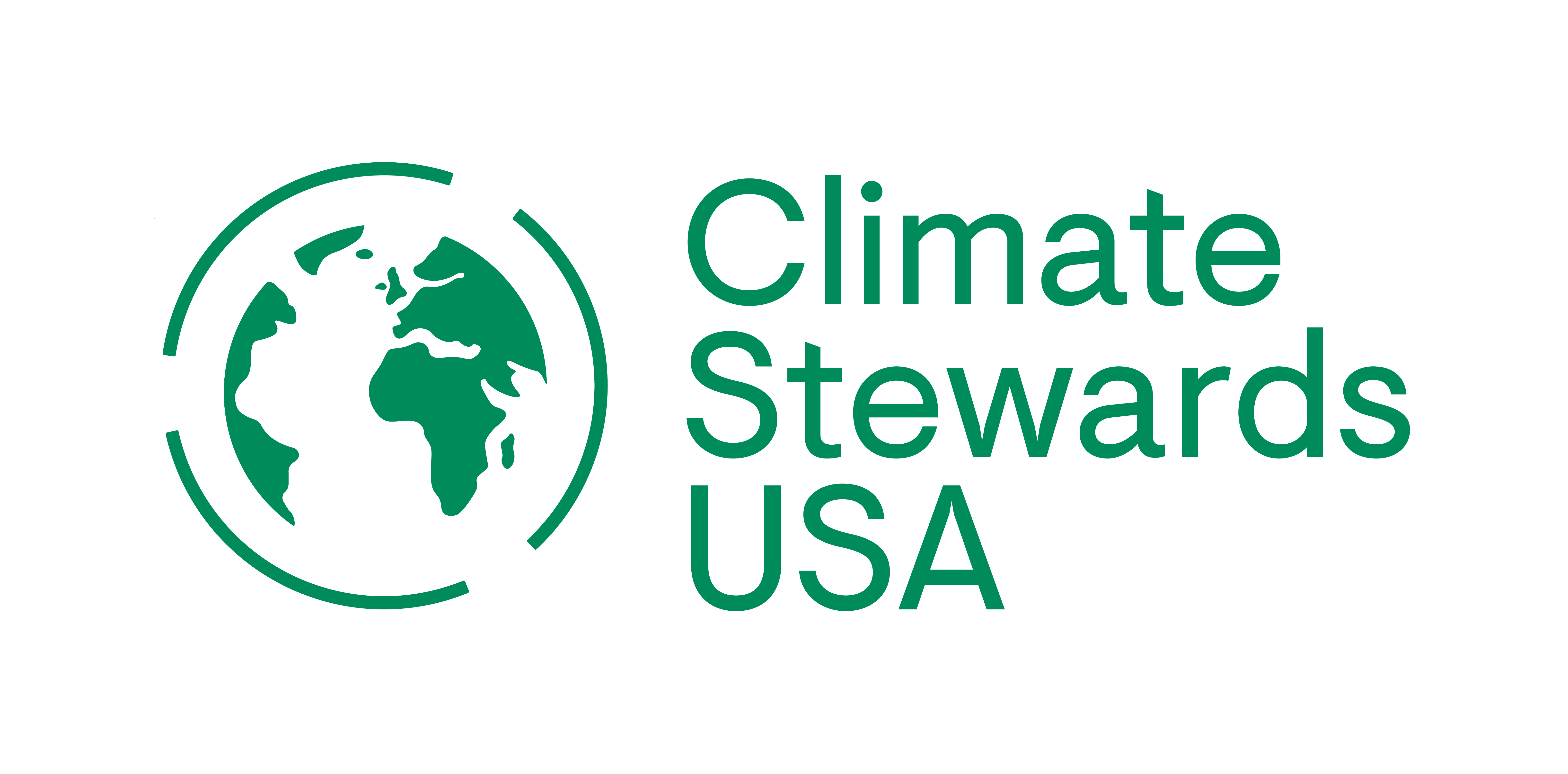Our partner, RIDS-Nepal, works in remote, mountainous communities in northwestern Nepal. In each village, they introduce a life-changing group of appropriate technologies known as the “Family of 4” – latrines, smokeless metal stoves, LED lights, and clean water.
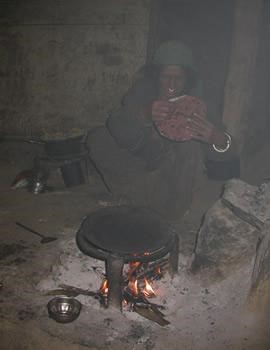
Using our Seal of Approval methodology for improved cookstoves, the RIDS-Nepal staff carried out a baseline survey in five villages in the Humla and Jumla regions of Nepal. Visiting 124 households without a smokeless metal stove allowed us to see how much firewood households are currently using, and estimate potential carbon emissions savings for families switching to an SMS. The team also visited 122 households that already had a smokeless metal stove, some for as long as 20 years. This provided extra monitoring data to compare with the baseline data, allowing us to refine our estimates. These surveys demonstrated that switching to an improved fuel-efficient stove will reduce family firewood needs an average of 59% – an impressive saving. Based on the data from the baseline and monitoring surveys, we expect that each stove will save 6.5 tonnes of carbon emissions per year over a project lifespan of 10 years.
As well as the carbon emissions savings, smokeless metal stoves bring significant benefits to the families using them. Some families were previously cooking on open fires that filled the room with dense black smoke. The new smokeless metal stoves burn more cleanly and have chimneys that remove smoke, reducing the risks of eye and lung infections. In addition, the smokeless metal stoves are enclosed, reducing the risk of burns to children and adults.
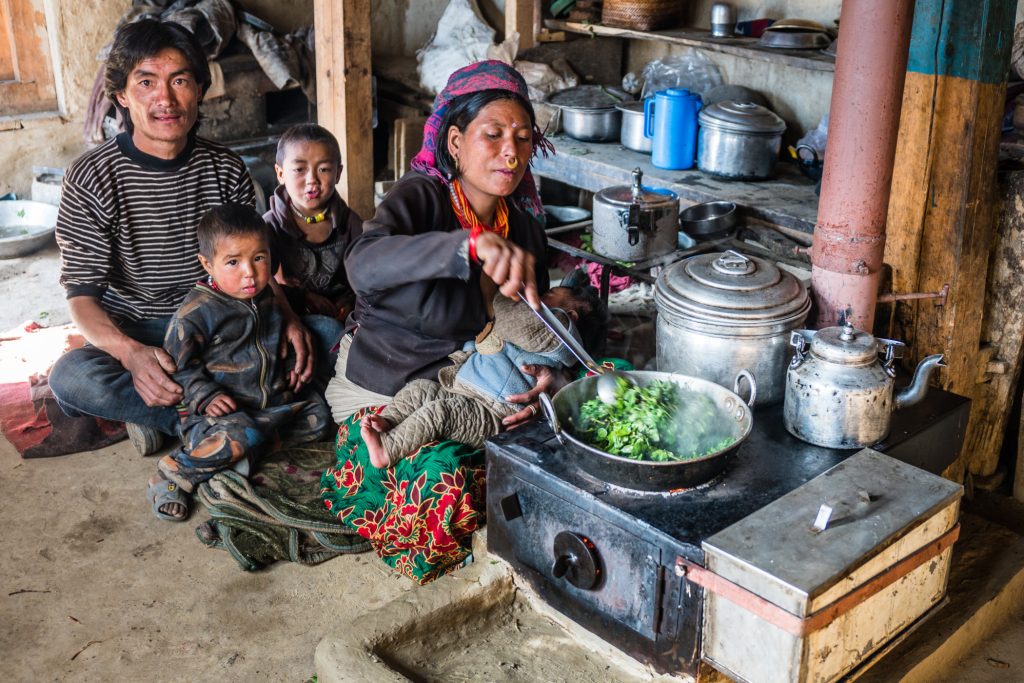
The survey showed that other families were previously using poor-quality stoves that were much less efficient than the smokeless metal stoves. Because the smokeless metal stoves burn more efficiently, they require significantly less firewood, reducing pressure on local forests. Families also save time on gathering wood – a task that mostly falls to the women and young girls of the village.
The project budgets run for 10 years to fund ongoing support and monitoring, ensuring that the stoves are well used and maintained to maximize carbon savings. To date, we have funded the installation of 258 new smokeless metal stoves that will save at least 16,783 metric tons of CO₂ emissions over their lifetime.



